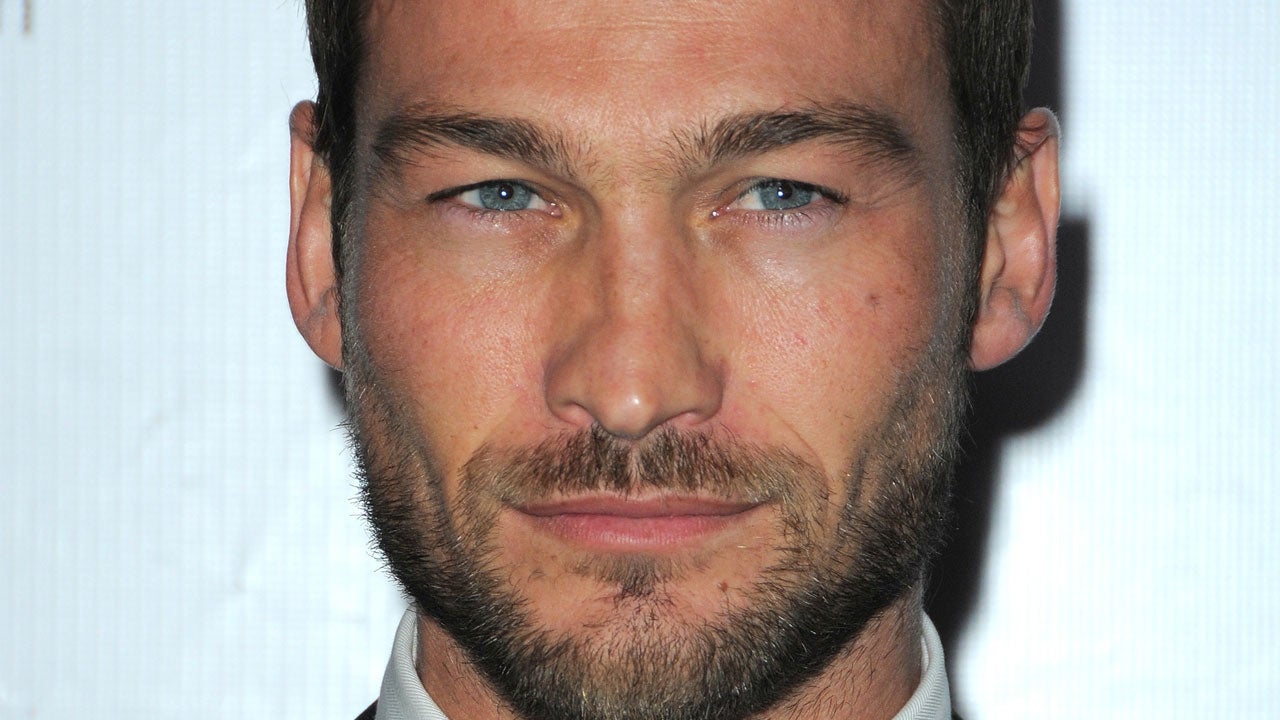In a poignant turn of events, Andy Whitfield, best known for his role as the titular character in the acclaimed series “Spartacus,” has announced his decision to step away from the show as he battles a daunting diagnosis of non-Hodgkin lymphoma. This unexpected news has not only sent shockwaves through the entertainment community but also elicited an outpouring of support from fans worldwide.
Whitfield’s portrayal of Spartacus, a revered gladiator of ancient Rome, brought him critical acclaim and a fervent fanbase. However, in the face of his health crisis, Whitfield recognized the pressing need to prioritize his well-being above all else. The impact of his departure looms large, as “Spartacus” was burgeoning into a prominent staple of modern television, intertwining themes of power, betrayal, and the indomitable human spirit. His absence from the roster raises questions not only about the narrative direction of the series but also about the future of such a beloved show.
Facing the harrowing reality of a cancer diagnosis, the Australian actor has chosen to confront this battle with remarkable courage, embodying the resilience that endeared him to audiences. Describing his illness as a “gift” in a previous statement, Whitfield’s remarkable perspective sheds light on the complexities of grappling with severe health challenges. He openly acknowledges the profound change it wrought in his life, turning what might seem a tragically untimely setback into an opportunity for introspection and familial closeness.
The decision to exit “Spartacus” resonates beyond the immediate realm of television. It serves as a poignant reminder of the human behind the character—a figure who is often idealized and transformed into mythic proportions. In revealing his struggle, Whitfield has catalyzed conversations surrounding the impacts of cancer, not only on the afflicted but on their loved ones. This transformation of personal hardship into a broader dialogue is a testament to the actor’s character both on and off screen.
The narrative implications of Whitfield’s departure will likely reverberate throughout the storyline, compelling writers and producers to adapt swiftly. As we navigate the uncharted waters of his absence, the potential for new characters or plotlines to emerge paints a tantalizing picture of the show’s evolution. However, this adaptation will undoubtedly come with a sense of longing, as fans will forever associate the role of Spartacus with the indelible mark left by Whitfield.
As we reflect on this tumultuous chapter, it is essential to recognize the voices of those who champion Whitfield’s cause, urging continued awareness and research in the realm of cancer treatment. This call to action represents a beacon of hope, reinforcing the idea that even in the darkest of times, resilience, compassion, and community can emerge triumphantly.
